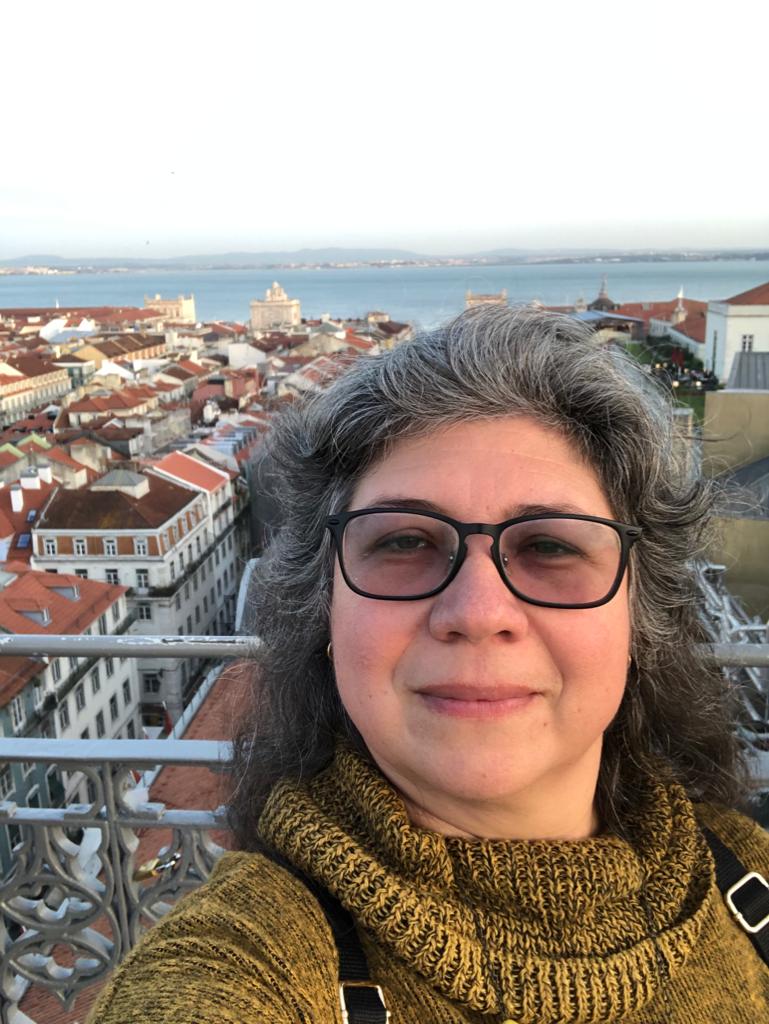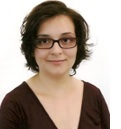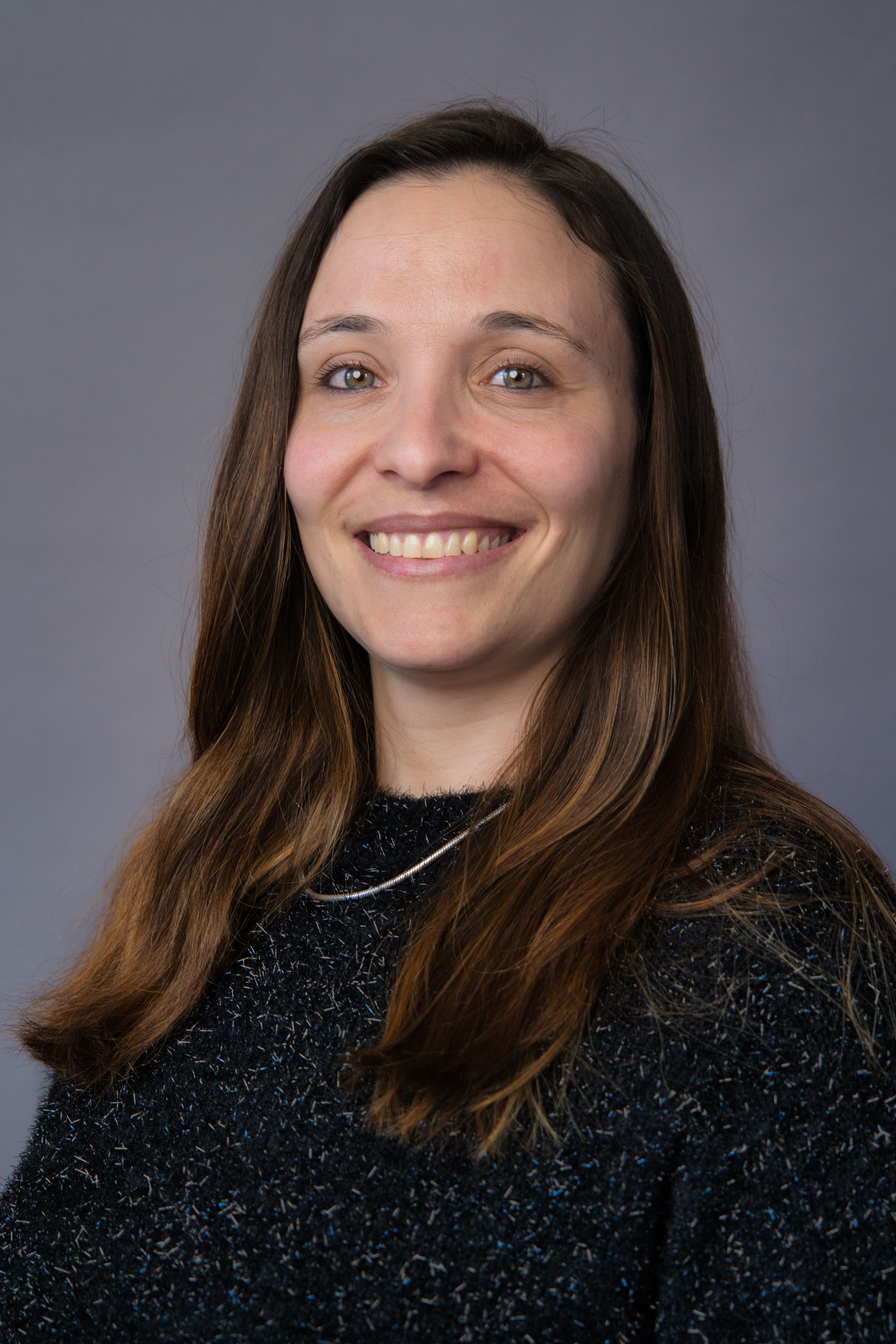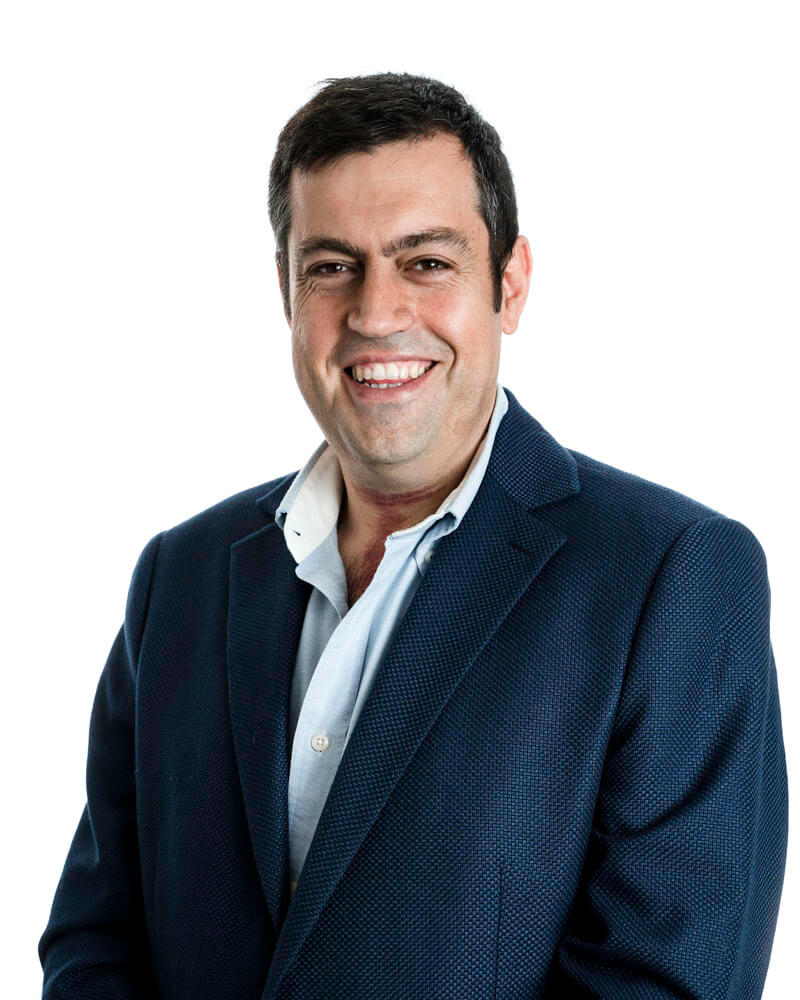Carlos Guardado da Silva

ACADEMIC DEGREE: Phd (with "Agregação")
POSITION: Associate Professor
TEAM: INFORMATION SCIENCE: libraries, archives, museums and Information Science
ORCID: 0000-0003-1490-8709
ACADEMIA: Open link
CIÊNCIAVITAE: Open link
EMAIL: carlosguardado@campus.ul.pt
Carlos Guardado da Silva is Ph.D. in Medieval History (2004), by the University of Lisbon, and Aggregate in Information Science (2016) by the University of Coimbra. He’s researcher at Centre for Classical Studies of the University of Lisboa, professor and director of the master’s degree in Documentation and Information Sciences, at School of Arts and Humanities of the University of Lisbon. He’s also member of the ISKO (International Society for Knowledge Organization) - Iberian Chapter. He is a member of the Sociedade Portuguesa de Estudos Medievais (SPEM, Portuguese Society of Medieval Studies), Academic of the Portuguese Academy of History (APH), member of the Joaquim Veríssimo Serrão Research Centre, and member of the Associação Portuguesa de Ciências da Comunicação (SOPCOM, Portuguese Association of Communication Sciences). He is Secretary of the General Assembly of the BAD – Associação Portuguesa de Bibliotecários, Arquivistas, Profissionais da informação e Documentação (Portuguese Association of Librarians, Archivists, Information and Documentation Professionals), and Secretary of the Board of the Iberian Chapter of ISKO - International Society for Knowledge Organization. He is also a member of the Consulting Council of the Historical Route of the Lines of Torres. He is (co)author of more than two hundred titles (books, book chapters, papers, critical reviews, and prefaces), within the scope of History, Cultural Heritage, and Information Science, of which stands out the book Investigação em Ciência da Informação (Lisbon, Colibri, 2019), which integrates the collection CI - Ciência da Informação (Information Science), under his direction.
Interests: Medieval rural and urban history; Lines of Torres Vedras (19th century); Information Science; Archives and libraries management; Personal archives; Information management; Information systems management; Public policies, and Knowledge Organization; Information Organization and Representation; Methodology.
- Organização do Conhecimento no Horizonte 2030: Desenvolvimento Sustentável e Saúde: Atas do V Congresso ISKO Espanha-Portugal (2021)
- Identificação como base para a Organização do Conhecimento arquivístico: contribuições para o debate sobre acesso à informação nos arquivos municipais do Brasil na Agenda 2030 (2021)
- Representação da Informação em arquivos deslocados: uma metassíntese de literatura qualitativa (2021)
- O Abastecimento público: mercado alimentar (2021)
- O abastecimento de água à vila de Torres Vedras: séculos XIII-XIX (2021)
- Bombeiros Voluntários do Cadaval: 100 anos de vida por vida (2021)
- Investigação Documental (2021)
- Expugnatione Lysbonensi: Incursões, destruições e saques pré-1147 (2021)
- Bookstagram y los mercados editoriales estadounidense y portugués (2021)
- A cidade de Lisboa na Idade Média: fontes de informação do Arquivo Municipal (2021)
- “[Review] Duran, Maria Renata da Cruz (Org.). Triunfos da Eloquência: Sermões reunidos e comentados: 1656 a 1864. Editora da UFF, 2012. 173 p.” (2021)
- O passado deste livro e os seus porquês (2021)
- Prefácio (2021)
- Prefácio (2021)
- Curadoria Digital e Custos: Exploração de abordagens e perceções (2020)
- Organização do conhecimento durante o processo de investigação: Utilização do ATLAS.ti em duas teses de Doutoramento (2020)
- The Classification Plan for Local Administration: Portuguese Archives and the Knowledge Organization in Practice (2020)
- Luís Guerreiro, um rosto do Carnaval de Loulé (2020)
- Descrição económica da vila e termo de Torres Vedras (2020)
- População e nupcialidade em Torres Vedras: 1579-1911: o segundo casamento como estratégia em tempo de crise. p. 227-280 (2020)
- A Livraria do Convento de Nossa Senhora da Arrábida: 1542-1834 (2020)
- Modelos Organizacionais das Bibliotecas Municipais de Lisboa (BLX) (2020)
- A promoção da experiência dos utilizadores como um estímulo à aprendizagem em museus: um estudo exploratório (2020)
- O lugar dos arquivos pessoais na Arquivística Internacional (2020)
- “[Review] Andrade, A. M. L. A., Carrington, M. C. (Eds.) (2020). Do manuscrito ao livro impresso I. Universidade de Aveiro, Imprensa da Universidade de Coimbra, 2019. 339 pp. ISBN 978-972-789-560-1 (UA), ISBN 978-989-26-1711-4 (IUC)” (2020)
- “[Review] Guyotjeannin O., Mattéoni, O. (Eds.). Jean de Berry et l’écrit: Les pratiques documentaires d’un fils de Roi de France. Éditions de la Sorbonne, École Nationale des Chartes, 2019. 314 pp. ISBN 979-10-351-0285-2, ISBN 978-2-35723-144-3” (2020)
- “[Review] X. Prévost, Les premières lois imprimées: Étude des actes royaux imprimés de Charles VIII à Henri II (1483-1559), Paris, École des Chartes, 2018. 339 pp. ISBN 978-2-35723-100-9” (2020)
- “[Review] García Sánchez, J., García Sánchez, J. & García Sánchez, J. (2016). El heroísmo mirobrigense de 1808 a 1810: La historia contada por sus habitantes: hechos relevantes, incidentes destacados y personas ilustres. Diputación de Salamanca, 432 p.” (2020)
- “[Review] Larriba, E. & Coletes Blanco, A. (eds.) (2017) – La Poésie, vecteur de l’information au temps de la Guerre d’Espagne: 1808-1814. Presses Universitaires de Provence, 164 p.” (2020)
- Empregabilidade em Ciência da Informação (2020)
- A “Livraria” do Convento da Arrábida: 1542-1834 (2020)
- A Nova Biblioteconomia na cidade de Lisboa: Estudo de caso sobre a biblioteca pública Orlando Ribeiro (2019)
- O lugar dos arquivos municipais nas políticas públicas governamentais em Portugal: 1976-2018 (2019)
- O Reguengo de Monte Agraço: séculos XII-XVI: estudo do foral manuelino (2019)
- Investigação em Ciência da Informação (2019)
- Caminhos do Rio: rios das grandes civilizações (2019)
- O rio Sizandro na centúria de setecentos (2019)
- Cooperativa Agrícola dos Fruticultores do Cadaval: 1969-2019 (2019)
- O (pseudo)arquivo pessoal de frei Bernardo de Brito na Biblioteca Nacional de Portugal (2019)
- Uma abordagem diacrónica da gestão da informação: conceito, enquadramento disciplinar, etapas e modelos (2019)
- “[Review] OLIVIER GUYOTJEANNIN (ed.), L’Art Médiéval du Registre: Chancelleries royales et princières. Nova série. École des Chartes. 551 p. ISBN 978-2-35723-142-9” (2019)
- Arquivo Histórico da Câmara Municipal de Santarém: estudo histórico e orgânico-funcional para a contextualização e inventariação da informação acumulada: 1506-1820 (2019)
- A comunicação nos arquivos Municipais: Área Metropolitana de Lisboa (2019)
- Apresentação do livro ‘Os profissionais da informação nas Bibliotecas Públicas em Portugal: Identificação e caraterização’ (No date available)
- Curso de Verão: Modelos de Avaliação da Informação Arquivística em Portugal (No date available)
- Turres Veteras XXV: Mulheres (No date available)
- EDICIC 2024 Lisboa (No date available)















